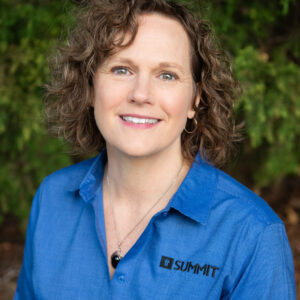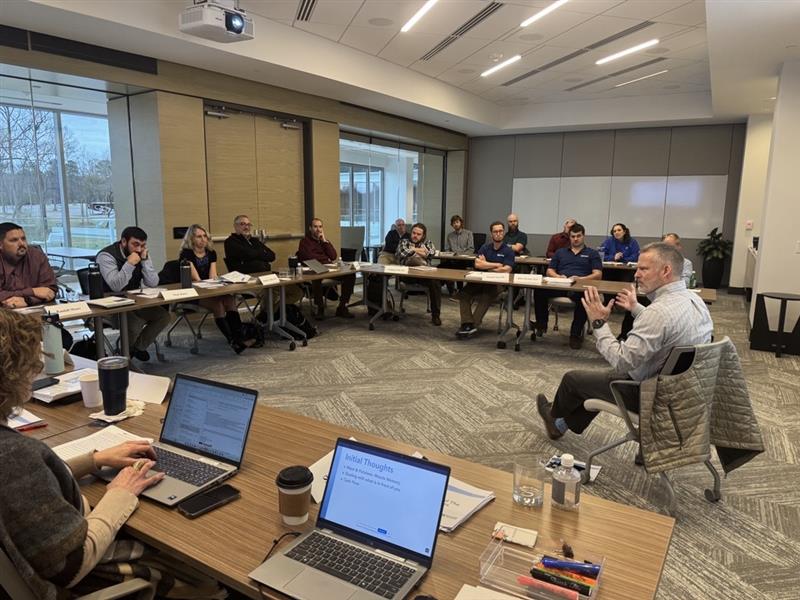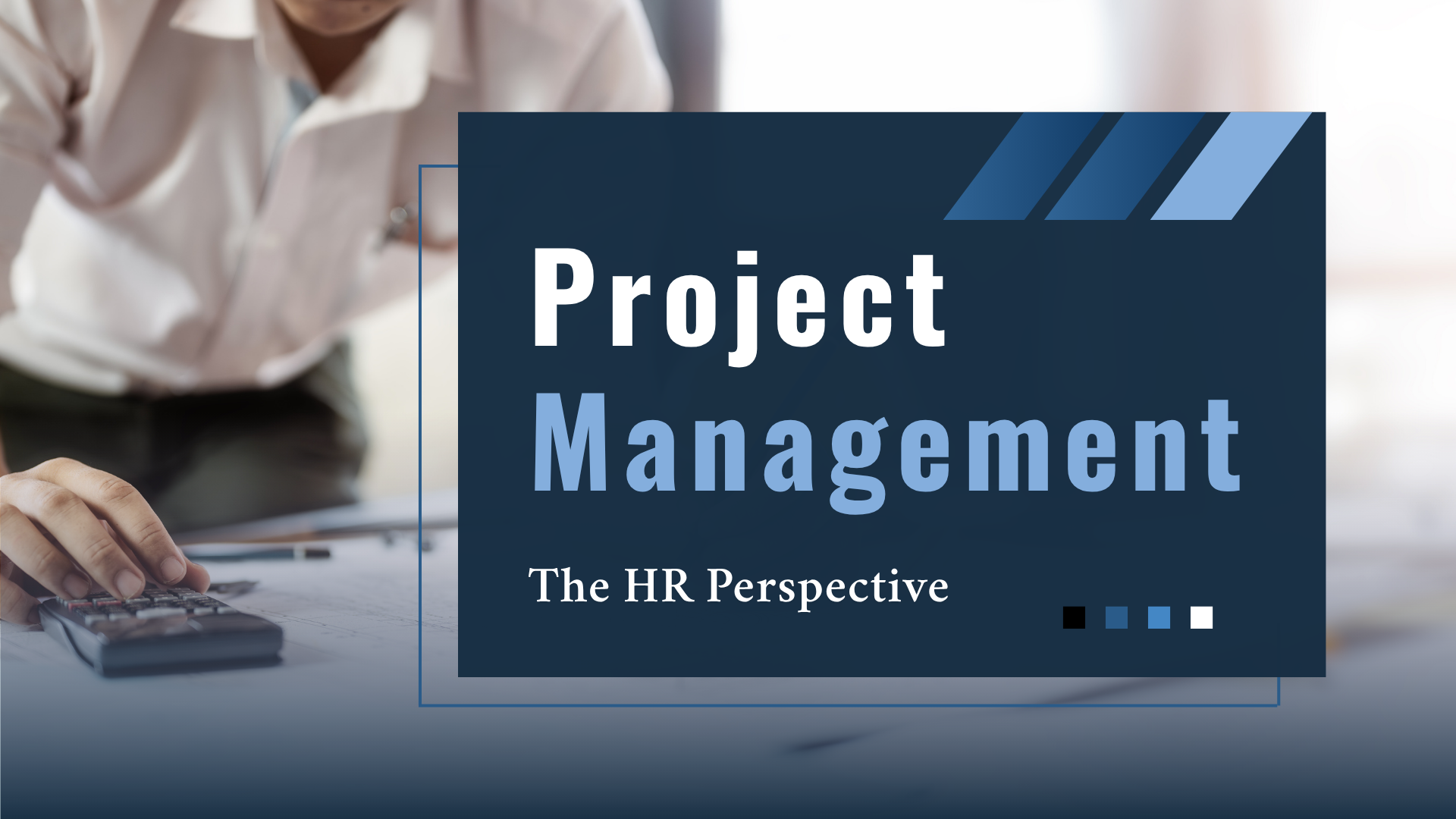A Culture of Leadership
Inside Summit’s Project Management Training
At Summit, we understand that great projects emerge from diligent effort and strategic guidance, not chance. Every successful project relies on strong leadership, clear communication, and the ability to navigate challenges with both structure and flexibility.
To strengthen these skills across our teams, Summit launched a formal Project Management Training initiative designed to cultivate– and elevate– these skills. To that end, our teams have been participating in a company-wide Project Management Training initiative designed to build consistency, collaboration, and confidence across projects.

To learn more about how this program came together and where it’s headed, we sat down with our Human Resources Manager to talk about its purpose, structure, and future plans. Sue H. has been with Summit for many years and has witnessed the evolution of our company firsthand. Take a look at her key insight below:



Summit leadership attending one of the project management workshops.
How did this training initiative come about?
The Project Management Training initiative originated from earlier internal sessions led by our Chief Engineer, which focused on defining what project management looks like at Summit. Building on that foundation, we wanted to expand the effort into a more formalized and structured program that provides professional development opportunities for Project Managers. To do this, we brought in an industry-specific program that not only strengthens project delivery and client service but also serves as a stepping stone for those interested in pursuing PMP certification.
What are the goals of the training sessions?
The primary goals of the Project Management Training are to:
- Ensure Project Managers have strong fundamentals in key areas such as budgeting, scheduling, coordination of team members and subconsultants, and forecasting.
- Provide practical tools and resources to help improve timeliness, efficiency, and cost management on projects.
- Strengthen communication and collaboration with clients.
- Help Project Managers identify and manage potential risks early to prevent issues before they occur.
- Foster a culture of project management excellence that leads to happier clients, higher retention, and new business through referrals.
What activities or presentations typically occur during these sessions?
Training sessions comprise a mix of presentations, group discussions, and reviews of real-world projects. Participants examine past projects to identify challenges, lessons learned, and opportunities for improvement. They are often assigned “homework” to apply concepts or analyze scenarios that are later discussed as a group.
The sessions also serve as a peer forum where Project Managers can share successes, challenges, and best practices. New policies, such as our updated cash management policy, were introduced and discussed with this group first to gather feedback and ensure understanding. Future sessions will also feature internal subject matter experts, such as our in-house counsel, to cover specialized topics like contracts and risk management.
What are the future plans for this training group?
The plan is to continue the Project Management Training as an ongoing professional development program and peer learning community. We will also continue using the group as a forum to pilot new initiatives, gather feedback, and strengthen our overall project management culture.
In addition, we plan to offer another in-house Project Management Training program in 2026 to a new group of Project Managers, continuing to build a strong foundation of skilled leaders across the company.


Summit leadership attending one of the project management workshops.
As Summit continues to grow, so does our commitment to investing in the people who lead our projects every day. The Project Management Training initiative is more than a professional development program. It’s part of how we strengthen our culture, support our teams, and ensure every project reflects the quality and care our clients expect. By fostering shared learning and continuous improvement, we’re building not just better projects, but stronger leaders for the future.
